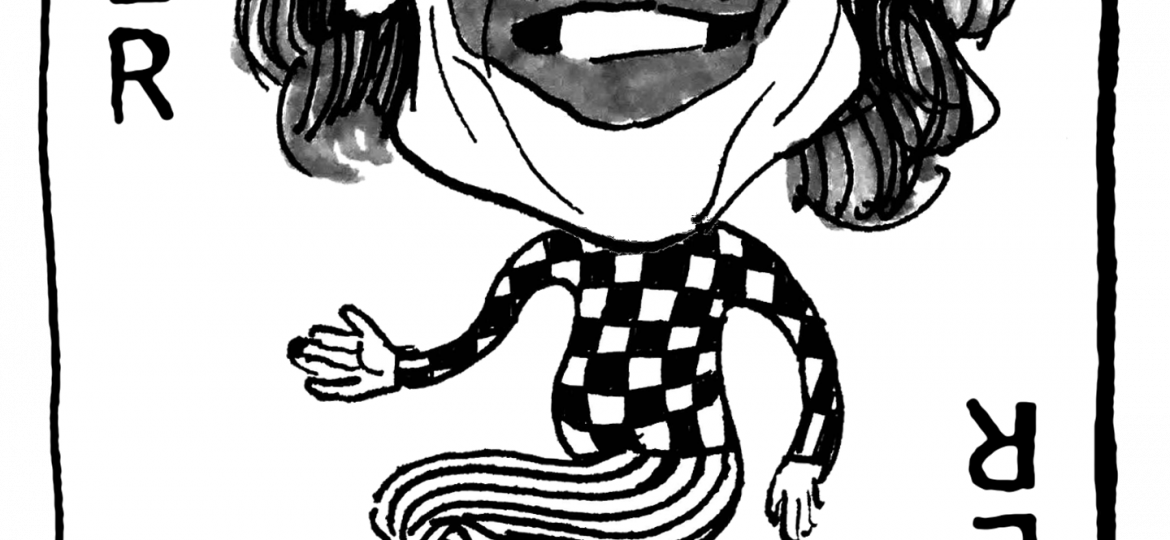
“I used to think my life was a tragedy, but now I realize it’s a f****** comedy.” – Arthur Fleck, better known as ‘Joker’
The new Joaquin Phoenix movie, “Joker,” has been met with mountains of controversy. The film attempts to dissect the famous Batman villain’s tragic backstory and explain the events that led him to commit to a life of crime. The film is essentially a character study of how the comedian Arthur Fleck evolves into the classic Batman villain. However, with the U.S.’ troubling recent history of mass shootings, there is concern that portraying a murderer who feels lonely and ostracized as a sympathetic character can promote troubling and violent behavior. Some are outraged that the film presents the Joker character as a protagonist with a sympathetic origin story. Much of the concern seems concentrated on the horrific Aurora, Col. shooting in 2012 and online fandom for the Joker character. Is the release of this film wise? Will it empower mass shooters? Should a movie be responsible for teaching its audience right from wrong? What further action should Warner Brothers take, if any?
Concerns that the release of “Joker” might trigger more mass shootings are certainly not entirely unwarranted. The Century 16 Theatre massacre in Aurora during a screening of “The Dark Knight Rises” movie in 2012 left 12 people dead and 70 wounded. Family members whose children were killed or traumatized by the attack asked Warner Brothers to actively lobby for gun reform.
Feeling the need to respond, Warner Brothers has issued the following statement: “Gun violence in our society is a critical issue, and we extend our deepest sympathy to all victims and families impacted by these tragedies. Our company has a long history of donating to victims of violence, including Aurora, and in recent weeks, our parent company joined other business leaders to call on policymakers to enact bi-partisan legislation to address this epidemic. At the same time, Warner Bros. believes that one of the functions of storytelling is to provoke difficult conversations around complex issues. Make no mistake: neither the fictional character Joker, nor the film, is an endorsement of real-world violence of any kind. It is not the intention of the film, the filmmakers or the studio to hold this character up as a hero.”
After the massacre in Aurora, Warner Brothers donated $2 million to the victims and their survivors. This seems like a generous and genuine effort by Warner Brothers, especially considering it is really not their fault that this tragedy occurred. I do not think Warner Brothers needs to take any further specific action. Their released statement is quite clear that the film is a cultural medium not intended to endorse real-world violence. Besides, it’s the responsibility of law enforcement and the intelligence community to detect credible threats and prevent horrendous crimes.
A leaked military memo revealed that the military and the FBI were initially concerned that disturbing chatter on the dark web might lead to a planned attack. However, they ultimately concluded that there was no specific, credible threat of an attacker targeting the Joker movie release.
One online commenter opined that “some psychopath using a form of entertainment as an excuse for evil is not the responsibility of the artist … movies don’t cause violence, video games do not cause violence, and music does not cause violence; people cause violence.”
Those directly involved in the creation of the Joker movie certainly have their own take on the issue as well. Director Todd Phillips attempted to defend the Joker movie in interviews. He remarked, “Aurora is obviously a horrible situation, but even that is not something you blame on the movie … it’s a fictional character in a fictional world.” Phillips explained that John Wick: Chapter 3 features John Wick killing 300 people and everyone in the audience is laughing and hollering – why is Joker held to such a different standard?
The actor who plays Joker, Joaquin Phoenix, walked out of one interview when he was asked if Joker might inspire copycat behavior. In another interview, the actor said, “I don’t think it’s the responsibility of a filmmaker to teach the audience morality or the difference between right or wrong.”
Not everyone has been deterred from seeing the film in theatres. In the U.S., Joker has grossed about $40 million in earnings at the box office as of Oct. 4.
From a legal perspective of free speech and free expression, it seems to me that the Joker movie neither presents a clear and present danger nor does it incite imminent lawless action. I sympathize with the victims of the Aurora massacre and their families and understand why some people are concerned. Nevertheless, if we allow the deplorable actions and choices made by troubled individuals to limit the possibilities for creative and artistic expression in American movie culture, then I am afraid the joke is on us.
vojcak1@stolaf.edu
Danny Vojcak ’20 is from Naperville, Ill. His majors are environmental studies and political science.

